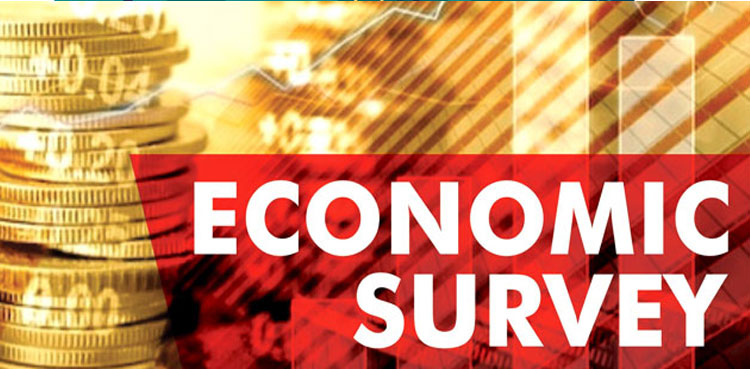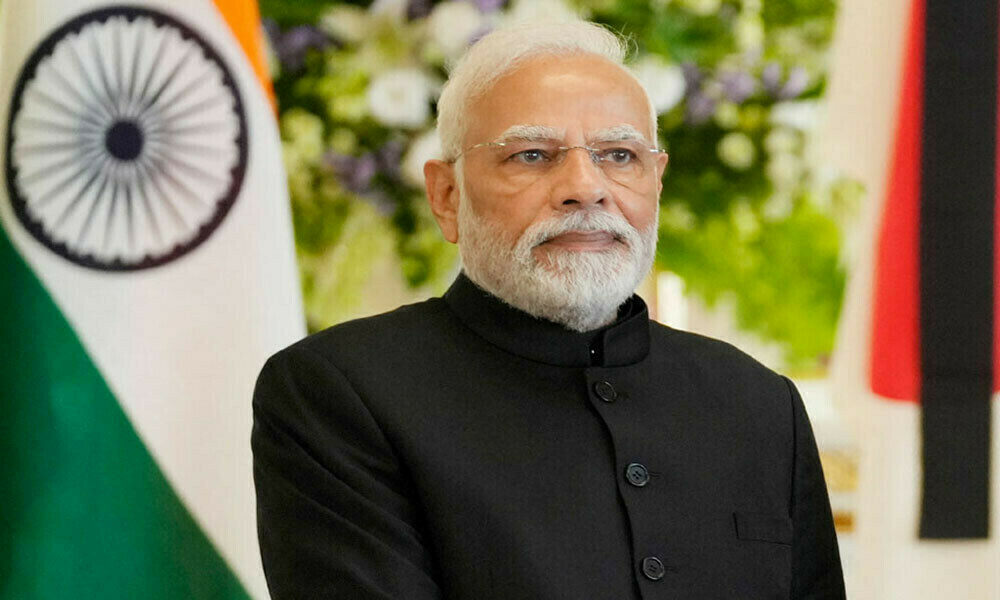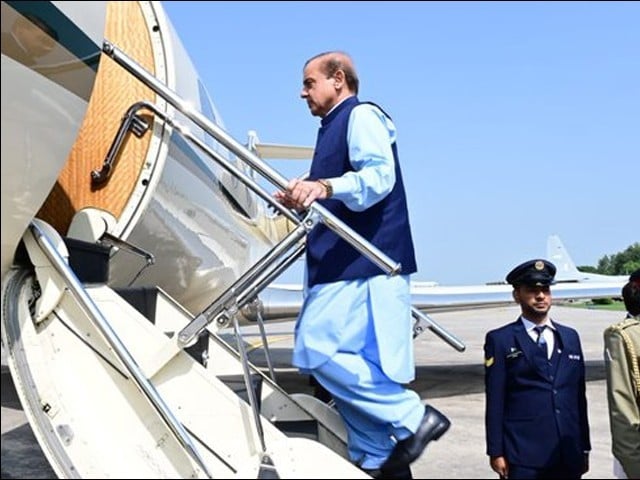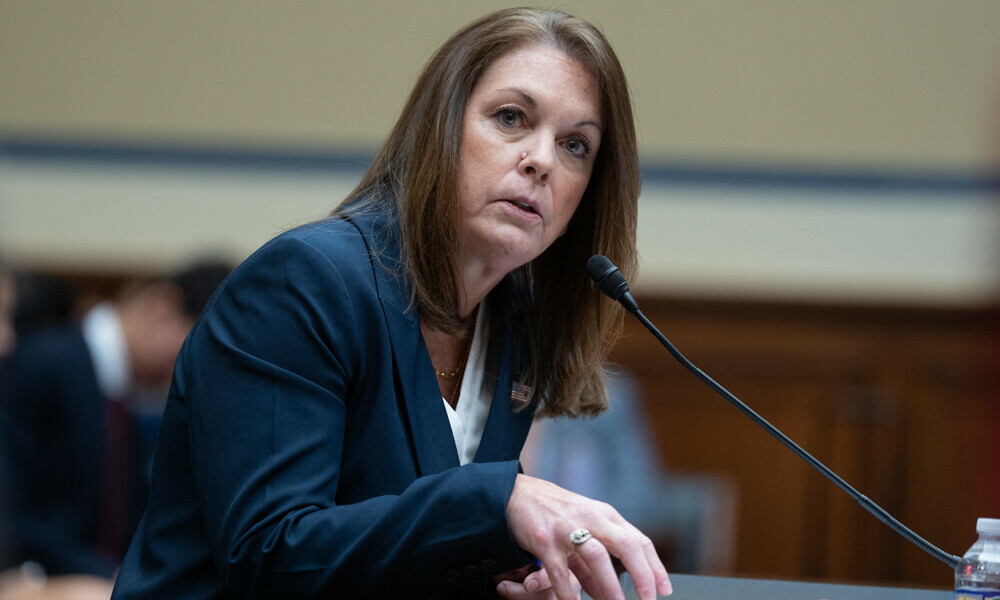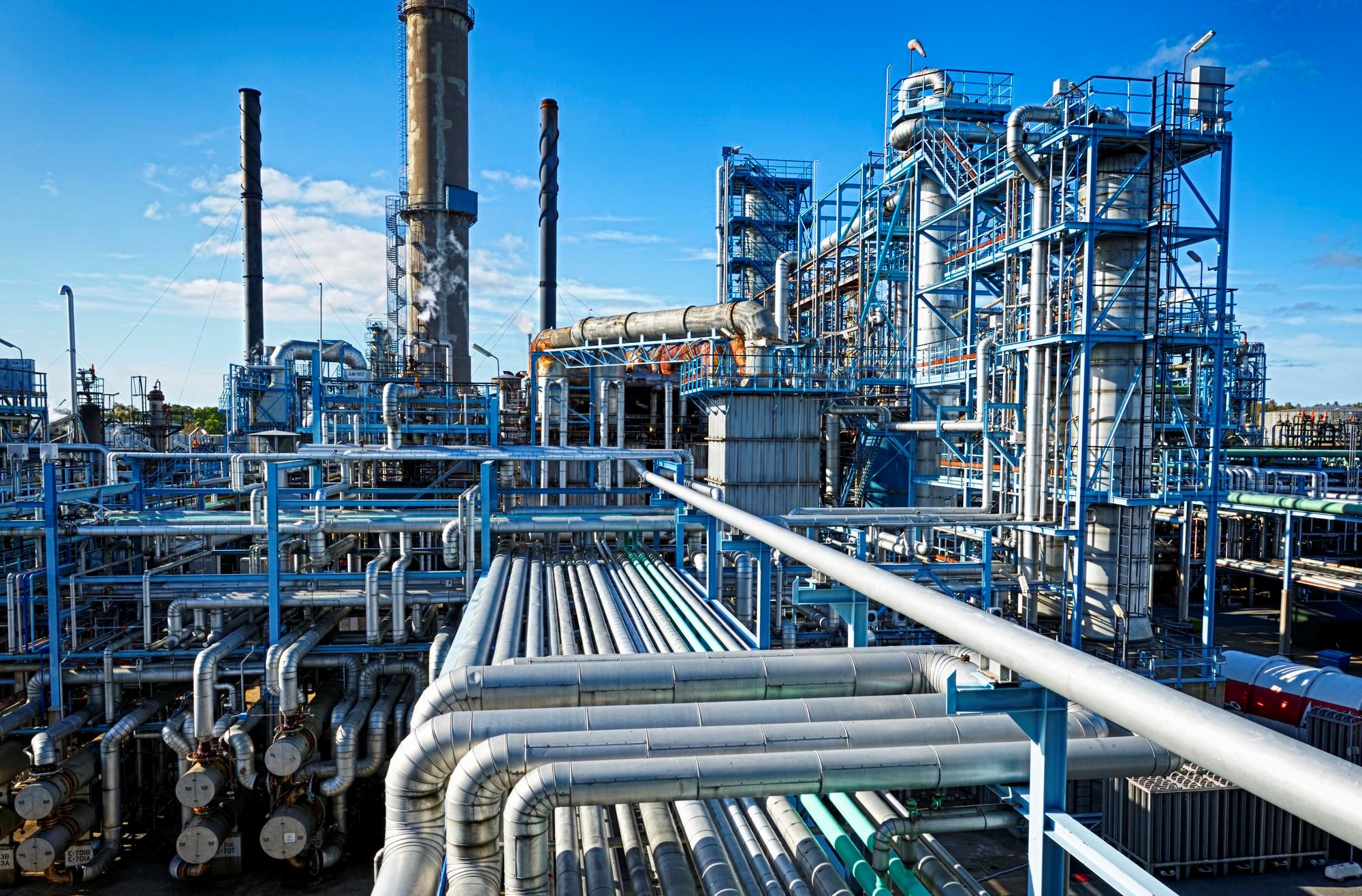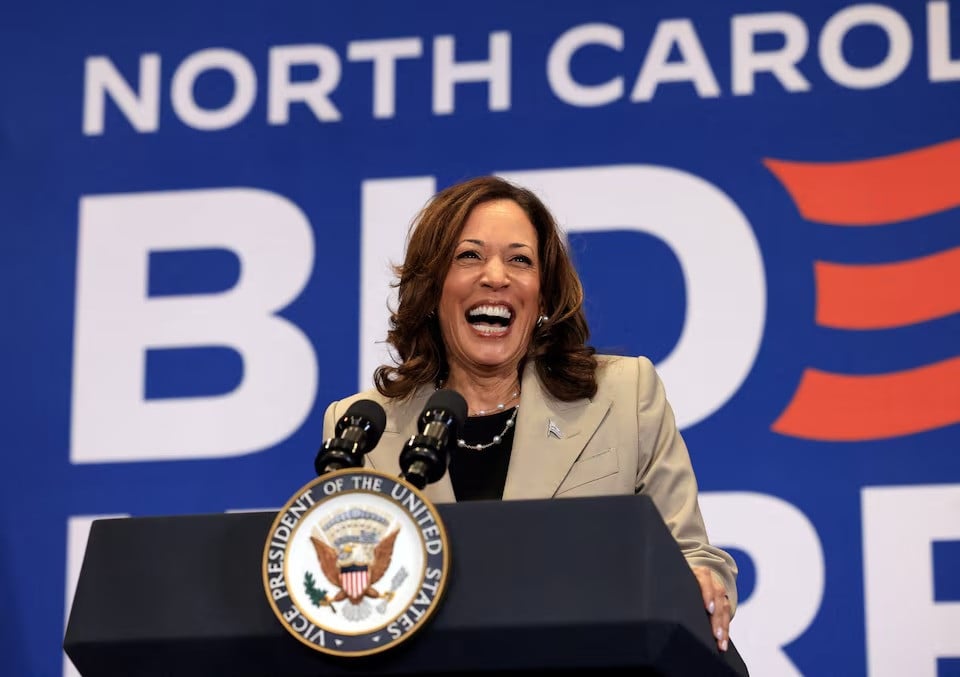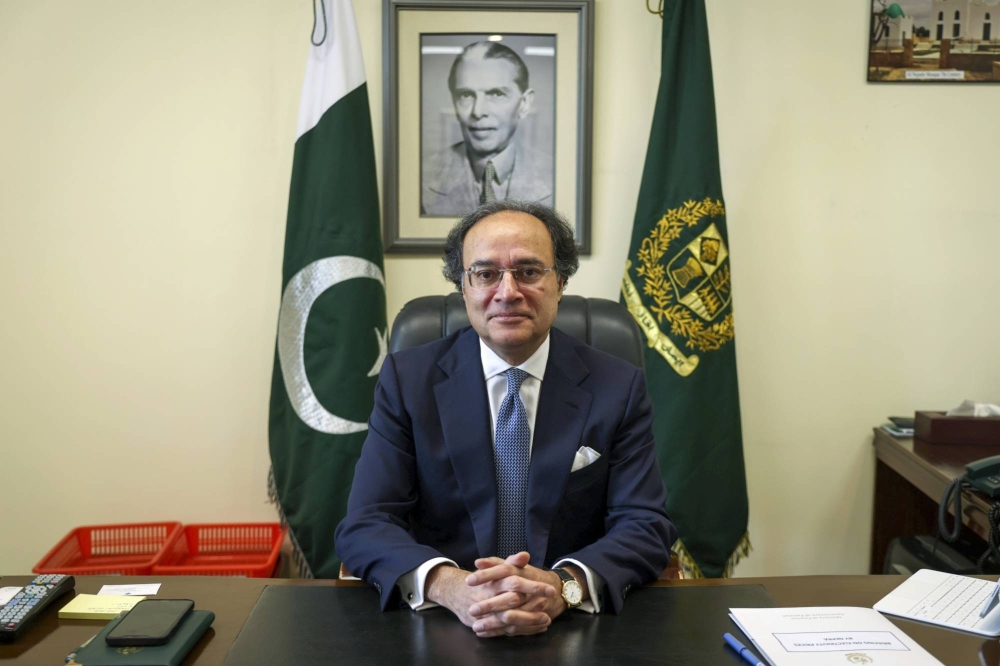The upcoming launch of the Pakistan Economic Survey 2023-24, a pre-budget document, is set to provide a comprehensive overview of the country’s major socio-economic achievements during the outgoing fiscal year. Scheduled for release on Tuesday, the survey is anticipated to offer detailed insights into the performance and trends of key economic sectors such as agriculture, manufacturing, industry, services, energy, information technology, telecom, capital markets, health, education, transport, and communication.
Finance Minister Muhammad Aurangzeb is slated to unveil the pre-budget document at 5:30 pm, as announced by the Finance Ministry in a press release on Monday. The survey will encompass annual trends of major economic indicators, including inflation, trade and payments, public debt, population, employment, climate change, and social protections, offering a comprehensive perspective on the country’s economic landscape.
According to assessments by the Planning Commission’s Annual Plan Coordination Committee, the economy encountered notable challenges at the onset of 2023-24, primarily stemming from the lingering impacts of economic disruptions experienced in the previous year. However, the economy exhibited moderate growth, expanding by 2.4 per cent during the fiscal year 2023-24.
Agriculture emerged as the primary driver of this growth, showing a significant expansion of 6.3 per cent, driven by robust outputs in wheat, cotton, and rice. Conversely, the industrial sector experienced a more subdued growth rate of 1.2 per cent, attributed to a slowdown in large-scale manufacturing activities, partially offset by growth in mining, quarrying, small-scale manufacturing, and construction. The services sector also registered a 1.2 per cent growth, with modest increases in wholesale and retail trade and subdued growth in transport, storage, and communications.
The survey will also shed light on the fiscal dynamics, with total revenue collection growing by 41 per cent during July-March 2023-24, outpacing the 36.6 per cent growth in total expenditure. Both tax and non-tax revenues displayed significant growth rates of 29.3 per cent and 89.8 per cent, respectively. Moreover, the survey will delve into inflationary trends, noting an average inflation rate of 26 per cent from July-April 2023-24, exhibiting a declining trend since January 2024.
In tandem with the impending economic survey release, the National Economic Council meeting was convened, with Prime Minister Shehbaz Sharif emphasizing the government’s commitment to leveraging existing resources for development, economic restoration, and prosperity. He underscored the significance of consultation with provinces and stakeholders in decision-making processes to foster a collective vision for the country’s development, particularly emphasizing the pivotal role of agriculture as the backbone of the economy. Notably, the council approved economic growth rate targets and the macroeconomic framework for the annual plan 2024-25, highlighting a proactive stance towards steering the country’s economic trajectory.



































